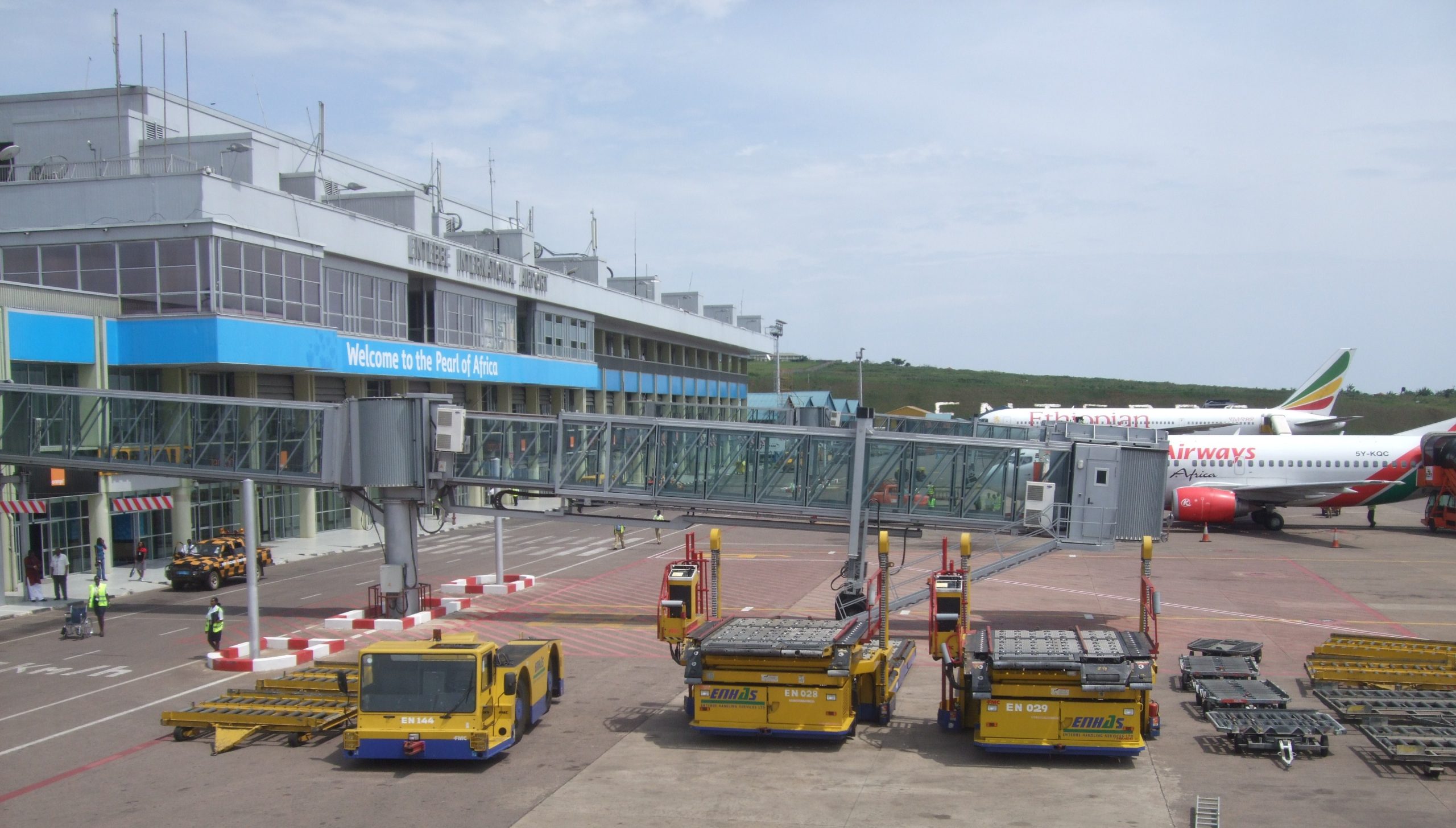The Uganda Civil Aviation Authority (UCAA) has publicly apologized to both the general public and users of Entebbe International Airport facilities following an unfortunate incident where the airport’s parking area experienced flooding.
This incident, which garnered attention on various social media platforms, took place on Saturday, April 6, 2024, during heavy rainfall that caused temporary drainage challenges within the car parking zone.
Vianney Mpungu Luggya, the Manager of Public Affairs at UCAA, issued a statement acknowledging that the existing drainage infrastructure was overwhelmed by the intensity of the downpour, leading to water accumulation in the parking area.
“We deeply regret this incident and apologize for any inconvenience caused to the public and users of our facilities,” expressed Luggya.
He further elaborated that the incident persisted for approximately 30 to 45 minutes before the water fully receded.
Luggya conveyed sincere regret for the inconvenience experienced by individuals affected by the incident and extended a formal apology to both the public and users of the airport facilities.
Furthermore, he reassured the public of UCAA’s commitment to swiftly address and resolve the situation.
Luggya also shed light on the ongoing developmental projects at the airport, including the construction of a new terminal building and the interconnection of drainage systems aimed at accommodating future expansions.
“We kindly request the public’s understanding during this period of inconvenience, as we undertake these projects to ensure a seamless experience for airport users,” emphasized Luggya.
He reiterated UCAA’s unwavering dedication to providing a smooth and efficient experience for all individuals utilizing the airport’s facilities.




















